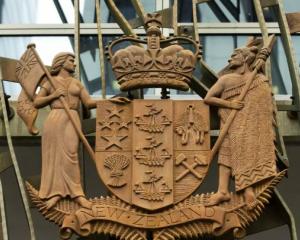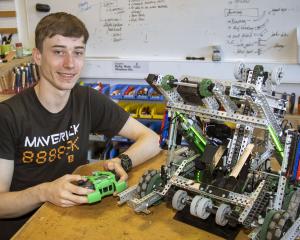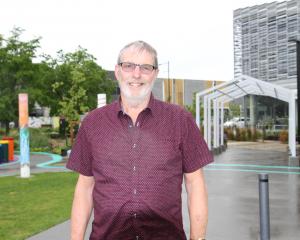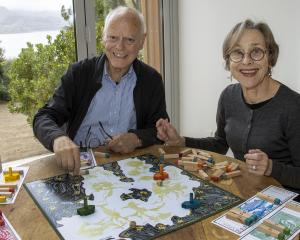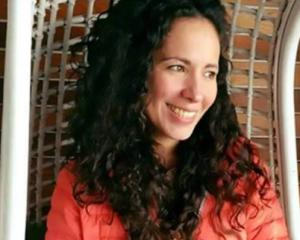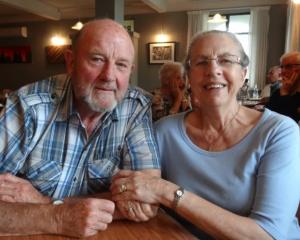
As Carol Mutch scans her only child’s images of a bombed-out police station at Mariupol in eastern Ukraine and a skull and crossbones signifying the edge of a minefield, she rationalises Tom’s passion.
"I understand this is the life he’s chosen, he absolutely loves it, he does amazing work and I’m so proud of him," she said.
"But I also do sometimes think about the what ifs? It goes through my mind ... what if something goes wrong?”
Mutch, a professor of critical studies in education at the University of Auckland’s faculty of education and social work, believes she has settled on the right mindset to deal with her Christchurch-born 30-year-old freelancer’s career choice.
He is currently in the Ukraine documenting the conflict with neighbouring Russia.

"If he’s in a dangerous place, I think: 'What’s the worst could happen?'
"And then I sort of put it in a cupboard and shut the door because I’ve got to get on with my life.
"I can’t let it interfere with my day, if that makes sense,” Mutch explained, aware her boy had withdrawn from a potential firing line to the capital Kyiv.
"He’s really good in a sense that when he is going somewhere dangerous he will call me and he’ll say: 'This is what I’ve got in place, this is the team I’m going in with, this is what the precautions are'."
That policy is reassuring, given Tom who has been in the Ukraine previously as a UK Parliamentary researcher on defence and security issues, has not yet heeded a warning from Foreign Minister Nanaia Mahutu urging New Zealanders in the Ukraine to leave immediately.
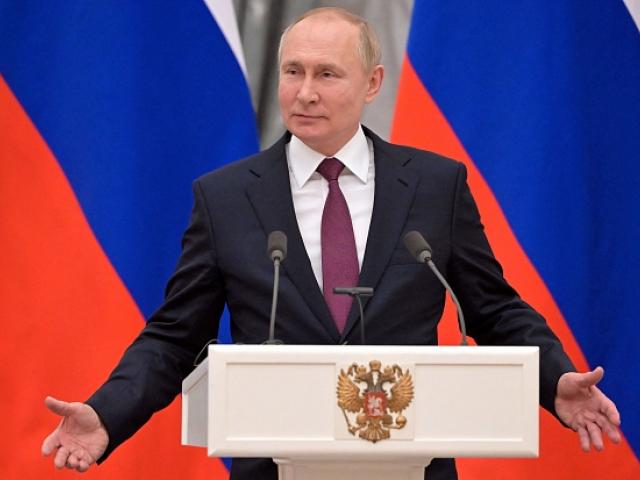
Carol Mutch had an inkling Tom - or Nick as she still calls him, which is his christian name and not the middle name he publishes under - was bound for further afield when he secured a place at Oxford University in 2011 following a year at Canterbury University.
"When he was a teenager, I knew he was going to be an adventurer," she said.
"He was interested in world history, particularly military history.
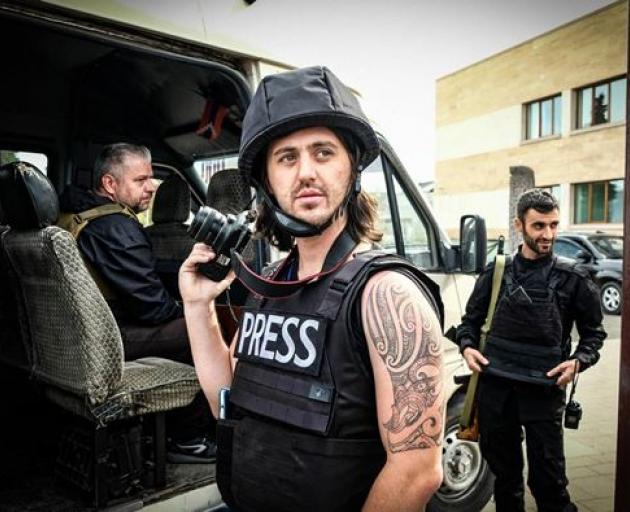
Tom, who is no relation to television journalist Jessica Mutch-McKay, did an undergraduate degree in history at Oxford, where he developed an interest in writing and photography.
He has subsequently written for The Times and The Telegraph in the UK.
"What I’m most proud of is not that he goes into war zones and all of that sort of thing, it’s that he goes to tell the human stories," Mutch said.
"I really appreciate he’s a voice for the ordinary citizen, he’s not interested in the generals and the number of tanks they’ve got, he’s interested in real people."
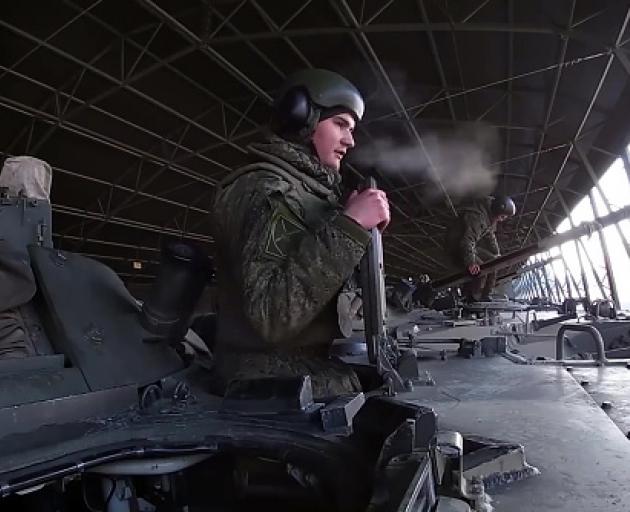
They also met in Argentina and Canada a year earlier, though unsurprisingly Tom prefers edgier destinations.
"When he’s got time to spare, he’ll say: 'I’m going for a break now. I might just go to Beirut'.
"He goes to Lebanon, for all the crises they’ve had, for a holiday," Mutch said.
Fortunately, when Tom is in potentially perilous reporting scenarios, he keeps in regular touch back home.
"He’s very conscious I’m on the other side of the world most of the time so he likes to make sure I’m not going to sit at home and worry. We talk about once a week," Mutch said.
Her son acknowledged the importance of maintaining a connection to home, even when work takes precedence, telling the NZ Herald: "The risks I’ve taken, I have chosen those risks. My family hasn’t chosen them, so that’s what I worry about more than my own personal safety."


